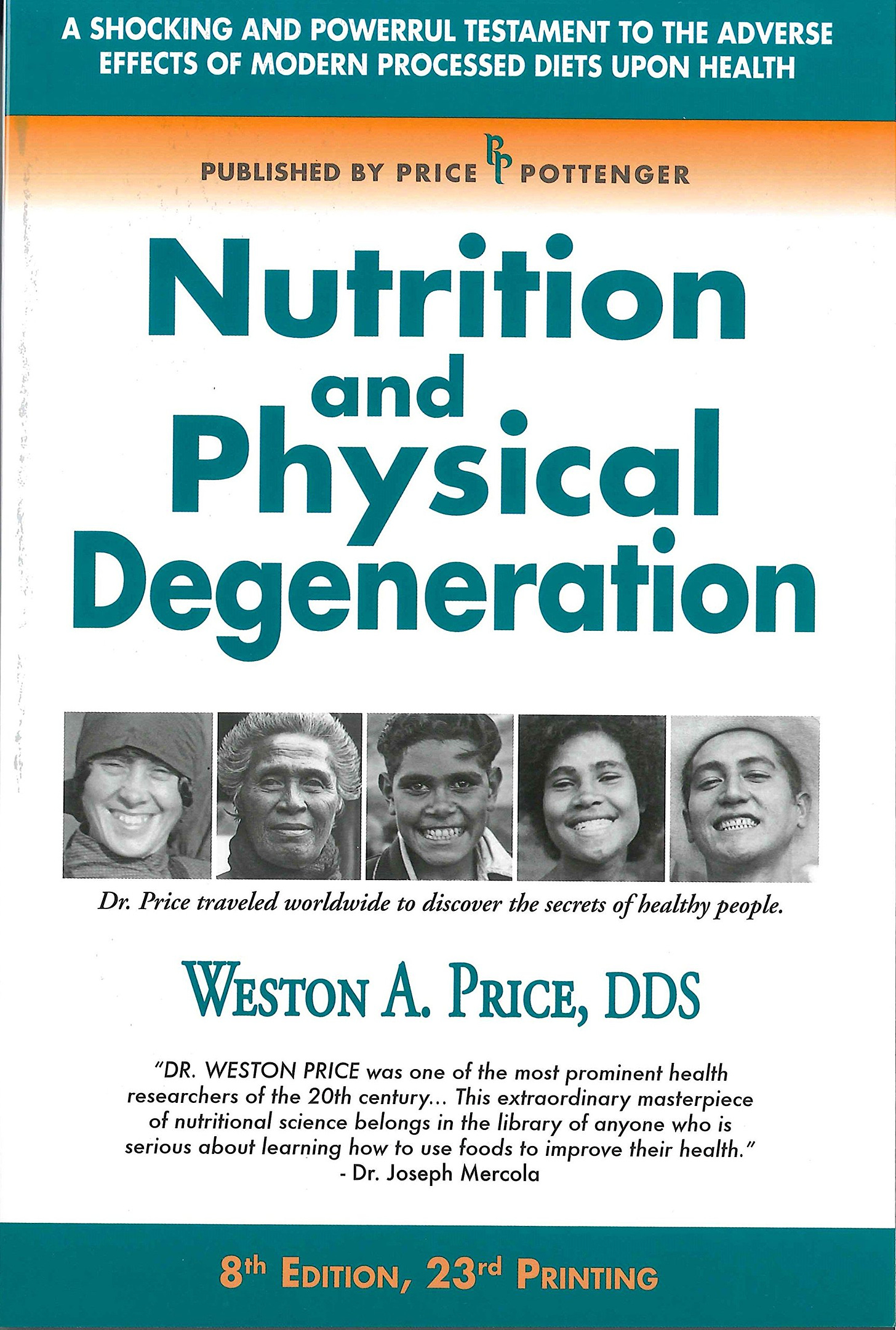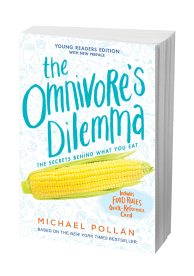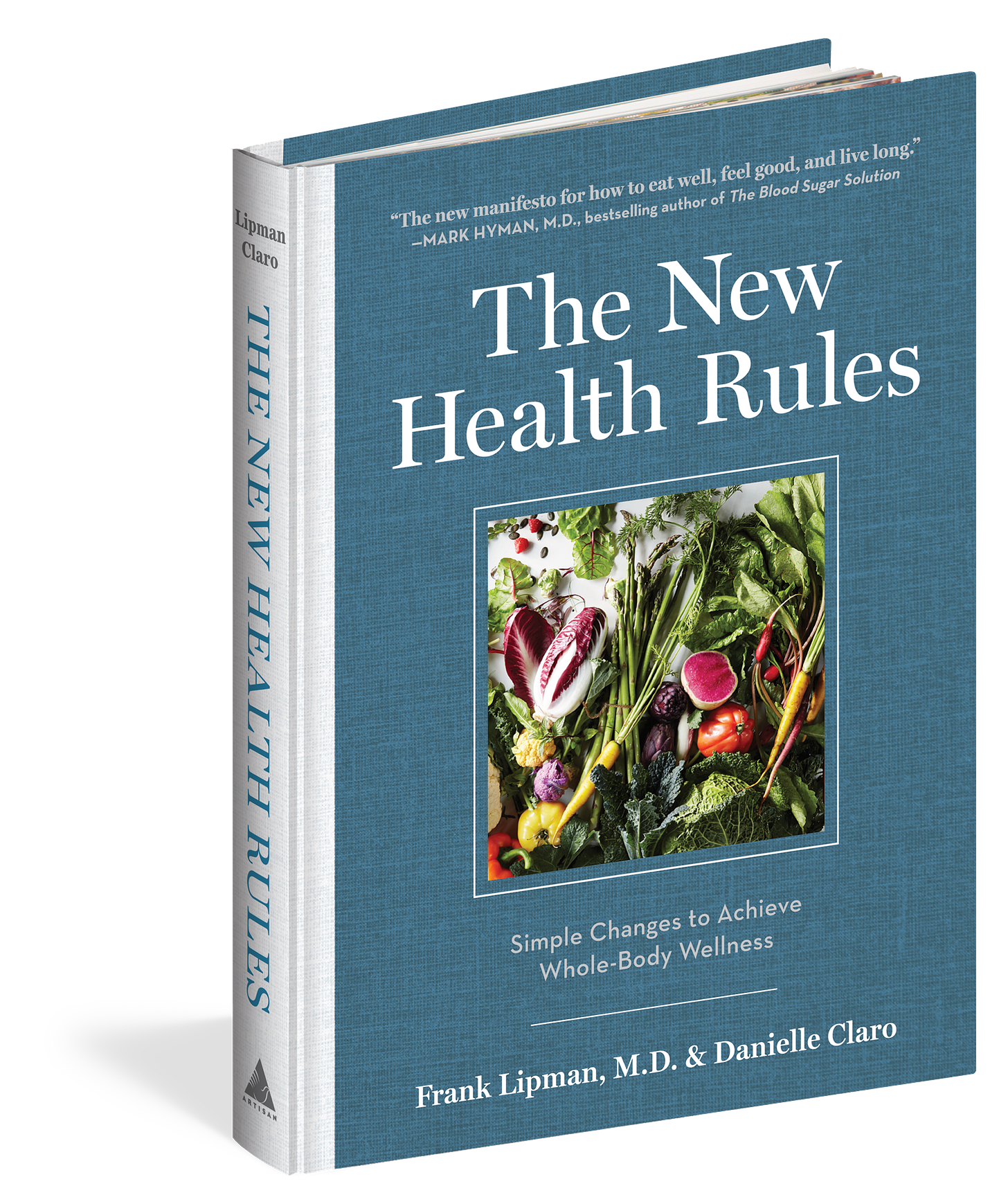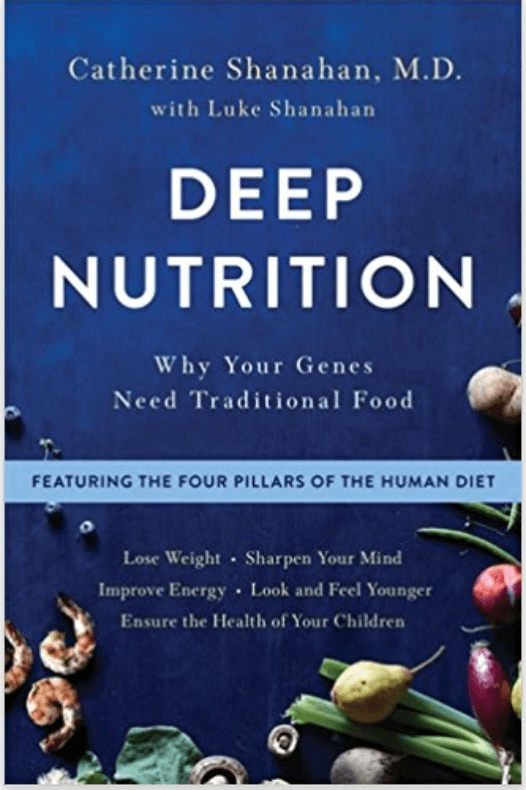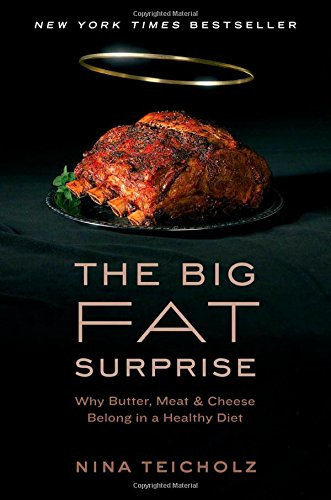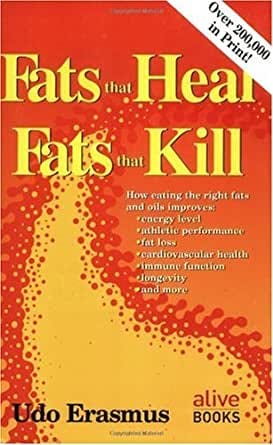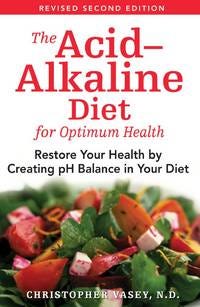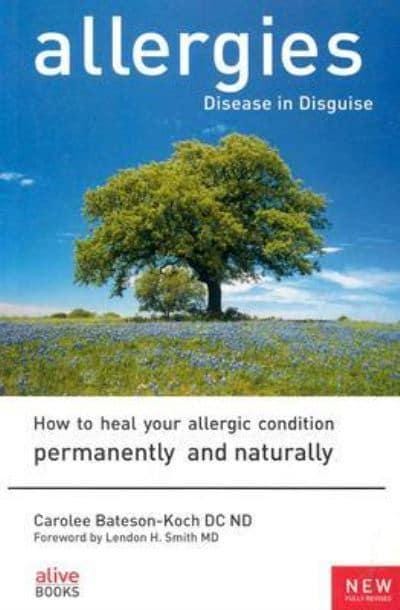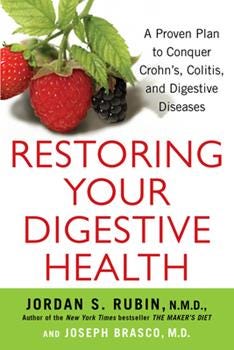If you're interested in maintaining good health, reading natural health books can be incredibly beneficial for gaining a deeper understanding of various ailments and how to prevent them. Whether you're diving into specific conditions or just want to learn more about how the body works, it's crucial to understand cause and effect, as well as the best treatments and preventative measures.
Natural health is a better alternative than relying on medicines alone for many reasons. One of the primary advantages is that it’s often gentler on the body, has fewer negative side effects compared to conventional medicine and focuses on preventing issues before they arise.
I'm excited to share my passion for this subject, so I’ll present to you a list of ten books that I’ve personally found to be extremely helpful in gaining a better understanding of health and nutrition. These books have been my go-to resources over the years and I am confident that they will serve as a valuable source of knowledge and insight for you as well.
My Book List:
These are in no particular order. All have great information that may be individualized towards your own peculiar ailments. The value in each one lies in what you take from it and successfully apply to your own body.
1) Nutrition And Physical Degeneration
Nutrition And Physical Degeneration by Dr. Weston Price explores the physical and nutritional degeneration of people by comparing traditional societies with modern ones. He investigates the effects of processed foods, country-specific diets, and examines the influence of how whole foods and the environment affect our physical and mental well being.
His findings and analysis provide valuable insights into the importance of a healthy diet and lifestyle, and his advice is still relevant today. This book is a must-read for anyone who is interested in learning more about the relationship between nutrition and physical well-being.
2) The Omnivore’s Dilemma
The Omnivore’s Dilemma, by author Michael Pollen, discusses the effects of food choices on health, and what that means for our survival.
This book is over 10 years old now, but by exploring the ethical, environmental, and health implications of the foods we eat, it’s still causing people to examine the consequences of bad choices.
The book is divided into three sections, each examining a different way of obtaining and consuming food.
The first section examines industrial food production and how it affects the nutrition of the food we eat.
The second section looks at the alternative food networks, such as organic and local, and how these systems can be used to create a healthier and more sustainable food system.
The third section examines the personal and moral choices we make every day when it comes to food.
3) The New Health Rules
Written by Frank Lipman and Danielle Claro, The New Health Rules will open your eyes to simple changes you can make to your everyday routine to achieve whole-body wellness.
Learn which foods can help you prevent Alzheimer’s Disease, discover why bacteria is so healthy for digestion, and access dozens of recipes that will help you feel stronger, happier, and healthier.
This comprehensive guide is organized into four parts:
The Big Picture - an overview of how to create an overall healthy lifestyle that includes proper nutrition, exercise, and mindfulness.
The 8 Health Rules - 8 key principles to follow for a healthier life
The Nuts and Bolts - individual topics such as managing stress, getting enough sleep, and improving digestion.
Practice What You Preach - practical advice for putting the 8 Health Rules into action.
4) Deep Nutrition: Why Your Genes Need Traditional Food
This is a book written by Dr. Catherine Shanahan, a biochemist and family physician. Dr. Shanahan looks at the history of food, the science behind what we eat, and how this affects our health. She examines how our modern diets, which are often low in nutrient-dense traditional foods, are responsible for the rise in chronic diseases such as obesity and diabetes.
You’ll also learn how traditional foods can help us improve our health, lose weight, and reduce the risk of disease.
5) The Big Fat Surprise
This is a book by investigative journalist Nina Teicholz. It examines the history of the modern low-fat diet and its effects on our health, the startling role of saturated fat and how its vilification led to the rise of processed food, the explosion of obesity, and the current health crisis.
Teicholz draws on original research and interviews leading scientists, nutritionists, and doctors to make a compelling case that the low-fat diet is not only ineffective but potentially harmful. She also explores the lingering influence of powerful industries on nutrition advice and the politics of food.
The Big Fat Surprise is an eye-opening look at how nutritional science has gone wrong and why we should embrace the power of healthy fats.
6) Fats That Heal and Fats That Kill
"Fats That Heal and Fats That Kill" is a groundbreaking book by Udo Erasmus that delves into the science of fats and their effects on the human body. It’s a complete guide to healing fats as necessary nutrients in preventing and reversing degenerative disease, heart disease, cancer, and Type 2 diabetes. They can also help reverse arthritis, obesity, PMS, allergies, asthma, fatigue, skin conditions, and yeast and fungal infections. At the same time, more health problems come from damaged oils than any other part of nutrition.
Erasmus exposes the manufacturing processes that turn healing fats into killing fats, explains their effects on human health, and discloses the knowledge you need to avoid them and choose health promoting oils. He also explores the therapeutic potential of flax, hemp, olive, fish, evening primrose, borage, and black currant.fats, oils and cholesterol on human health.
7) The Acid-Alkaline Diet for Optimum Health
This expanded second edition provides the latest information on restoring your body’s acid-alkaline balance. Naturopath and detoxification expert Christopher Vasey provides two new chapters that include proper hydration and deacidification, important alkalizing supplements, and how to eliminate the body’s accumulated acids through intestinal cleansing.
Vasey also includes a new, detailed example of an alkaline detoxifying diet. Rather than organizing alkaline and acid foods based on their chemical composition, Vasey categorizes foods by their effect on the body, explaining that some foods, such as fruits, can have either an alkalizing or an acidifying effect, depending on who eats them. He describes how to determine your acid levels and how to design a diet best suited for your particular health needs.
8) Sugar Blues
Sugar Blues is a book written by William Dufty, first published in 1975. The book examines the role of sugar and its effects on the body and society. It delves into the history of sugar and how it became a major part of the modern diet by examining the rise of the industry and its marketing tactics.
There’s also a look at the physiological and psychological effects of sugar, from its addictive properties to its role in various diseases. Finally, Dufty provides practical advice on how to reduce sugar in the diet, including tips on how to substitute other foods for the sweet poison.
9) Allergies: Disease In Disguise
Allergies: Disease in Disguise is an in-depth look at the science and history of allergies and how they can be managed and treated. It offers an overview on the subject, as well as information about underlying causes, such as genetics and environmental factors.
You’ll gain a good understanding of how allergies interact with the immune system and how they can be managed with lifestyle changes, medications, and alternative treatments.
10) Restoring Your Digestive Health
Written by Jordan S. Rubin, this is an informative and practical guide to identifying allergies, understanding their causes and effects, and learning how to heal the digestive system.
The information is designed to help those suffering from ailments such as irritable bowel syndrome (IBS), Crohn’s disease, acid reflux, and food allergies. It begins by outlining the anatomy of the digestive system and the causes and symptoms of common digestive disorders.
Of course you also get natural treatments, including diet and lifestyle changes and herbal and nutritional supplements. So if you’re looking for a resource of information about how to identify root causes and natural approaches on the subject, this comprehensive resource is a must read.
Conclusion
Over the years, I have found these books to be an incredibly valuable resource in my own personal nutrition journey. I highly recommend that you take advantage of the knowledge contained within them, as they can provide you with the tools you need to achieve your own health and nutrition goals.






